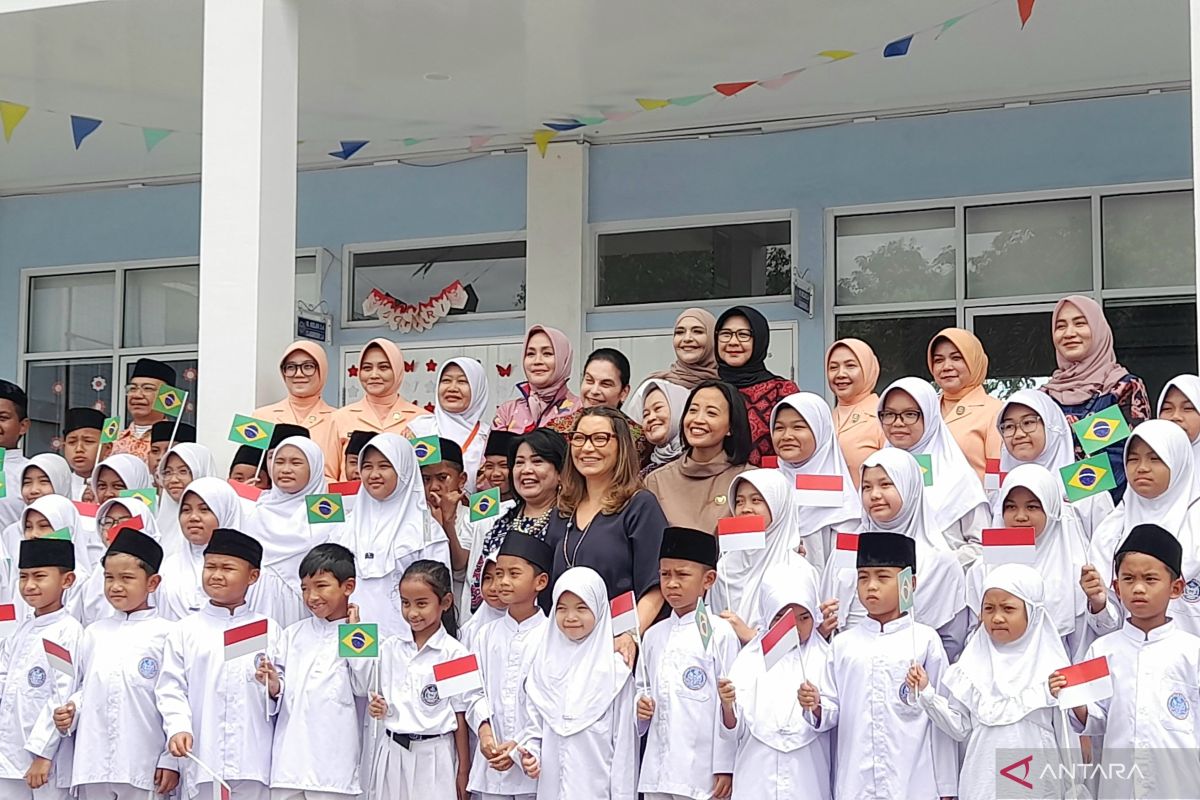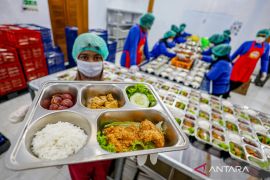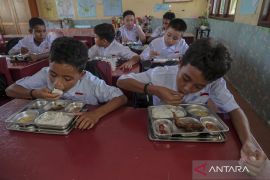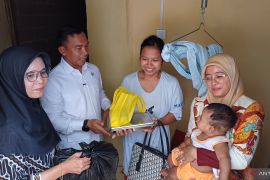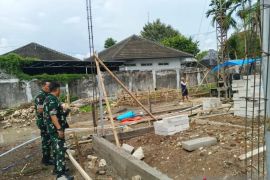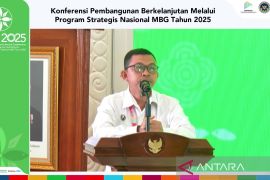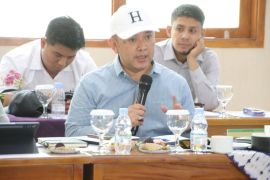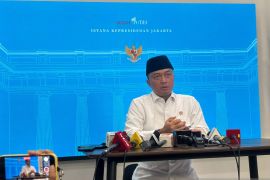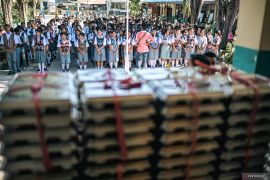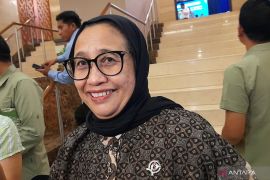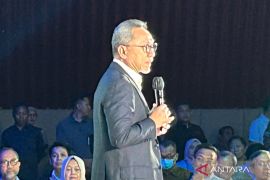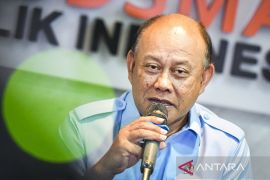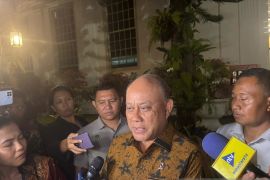During a visit to Angkasa 05 Elementary School in East Jakarta, Silva met representatives from Indonesia’s National Nutrition Agency (BGN) and the Coordinating Ministry for Food Affairs.
She shared Brazil’s approach of using local produce such as rice and vegetables in public meal programs to strengthen food security and rural economies.
“The most important input from the First Lady is the use of raw materials. Brazilian law requires procurement of locally sourced ingredients,” said Nani Hendiarti, the ministry’s deputy for coordination of affordability and food security.
Silva praised the rapid scale-up of Indonesia’s MBG program, which has reached 36 million beneficiaries in just 10 months—compared with the decades it took for Brazil’s initiative to serve 40 million people.
Related news: How anti-hunger ambition has linked Indonesia, Brazil
She said the Indonesian program has strong potential to develop food technology and foster a circular economy.
BGN Spokesperson Dian Fatwa said Silva also highlighted the need to limit food delivery time from kitchens to schools to under 30 minutes to preserve quality and safety.
“If local food is used, distribution can be faster and the food stays warm and safe. At this school, delivery only takes five minutes,” Fatwa said, adding that safety tests for E. coli, salmonella, and histamine are conducted before meals are distributed.
Silva also emphasized aligning the meal program with agriculture and community development initiatives.
“The local economy must be part of the system,” Fatwa said, noting that Brazil’s Global School Meal Coalition has long supported such synergies for program sustainability.
Related news: Brazil's Lula to review Prabowo's massive free meal program in Jakarta
Translator: Resinta Sulistiyandari
Editor: Rahmad Nasution
Copyright © ANTARA 2025
